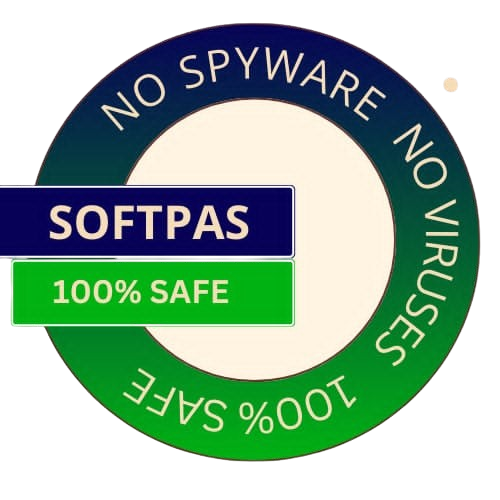
Get the best deals on your favorite games
libusb is a totally free, open-source library that works on many platforms. It's written in C and gives you easy access to USB devices across various operating systems like Linux, Android, BSD (like FreeBSD, OpenBSD, and NetBSD), Microsoft Windows, Windows CE, and Darwin/Mac OS X.
This library is designed to be simple to move over to other operating systems. If you're looking to port libusb for a specific OS, check out the PORTING file included in the source archive. Trust me; it makes the process easier!
If you're using a GNU/Linux system and want to get started with libusb, first grab the latest version of the software from Softpedia or its official website (you'll find links at the end of this article). Just save that archive somewhere on your computer.
Next up, extract the files you downloaded and fire up your favorite terminal emulator. Use the 'cd' command to go where you extracted those files (for example: cd /home/softpedia/libusb-1.0.19). Then you'll want to run 'sh autogen.sh' in your terminal. This command sets everything up by creating a configuration script that helps optimize the program for your hardware.
If you don't need any special configurations, just type 'make' in your terminal to compile it. This should take just a few seconds! Once that's done without any hiccups, install libusb across your system by typing 'sudo make install' if you're a privileged user or simply 'make install' as root.
You're all set! Now you can use libusb in your own applications so they can easily access USB devices.
Go to the Softpas website, press the 'Downloads' button, and pick the app you want to download and install—easy and fast!

SoftPas is your platform for the latest software and technology news, reviews, and guides. Stay up to date with cutting-edge trends in tech and software development.
Subscribe to newsletter
© Copyright 2024, SoftPas, All Rights Reserved.